Still no justice for Jamal Khashoggi, says One Free Press Coalition
Sign up now: Get ST's newsletters delivered to your inbox
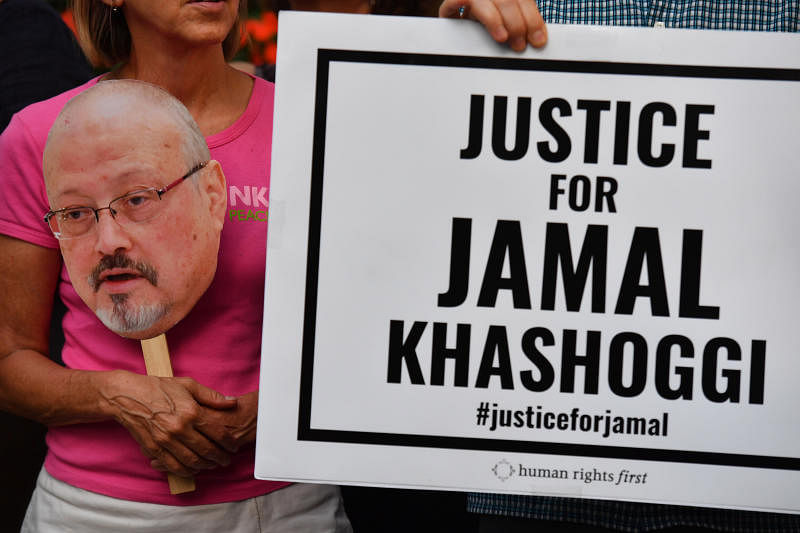
Advocates for journalist Jamal Khashoggi held a candlelight vigil in front of Saudi Arabia's embassy on Oct 2, 2019. PHOTO: THE WASHINGTON POST
Dominique Nelson
Follow topic:
"I can't breathe." These were the final words of Saudi Arabian journalist Jamal Khashoggi, who was brutally murdered a year ago, according to Turkey's Sabah newspaper.
Neither justice nor a resolution of the cause of his death has been achieved.
The Washington Post columnist had been a longstanding critic of the Saudi regime as well as of the kingdom's de facto ruler Crown Prince Mohammed bin Salman, reported the BBC.
In 2010, he was fired from pro-government newspaper al-Watan and, by 2017, had been banned from writing in Saudi Arabia.
He was visiting the consulate to obtain divorce papers on Oct 2, 2018, so that he could marry his then fiancee, Ms Hatice Cengiz, when a Saudi hit squad subdued and dismembered him.
Mr Khashoggi's case has surfaced for the seventh time on the monthly list of "10 Most Urgent" cases of journalists under attack compiled by the One Free Press Coalition since March.
The group comprises pre-eminent editors and publishers who safeguard journalists persecuted for pursuing the truth.
To counter the rising threat to media freedom, the coalition was established during a meeting of the International Media Council at the World Economic Forum in March.
The Straits Times joined the alliance in May.
"Khashoggi's untimely passing and the continuous threats against journalists prove that the need for a free press worldwide persists more than ever," said Mr Randall Lane, chief content officer at Forbes and a founding member of the One Free Press Coalition.
Mr Lane added that, although Mr Khashoggi paid the ultimate price, there is still much suspicion and lack of transparency around the events that led to his death.
In addition to Mr Khashoggi's, here are nine other cases mentioned in October's list of "10 Most Urgent" cases, in no particular order:
Austin Tice, Syria
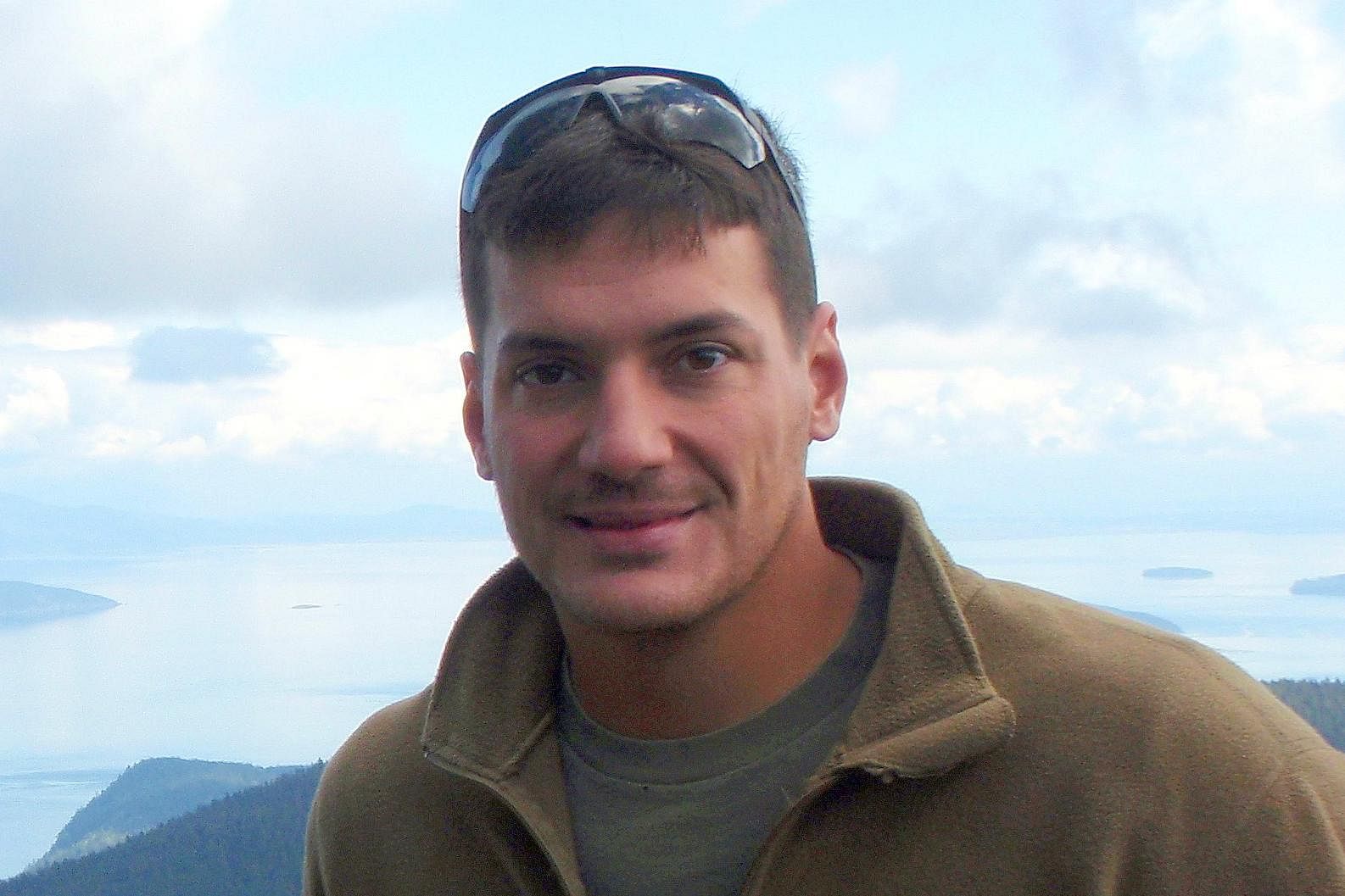
American freelance journalist Austin Tice was taken captive in Syria seven years ago after reporting on how the civil war was affecting civilian lives, said the New York Times. The Georgetown University law student was detained at a checkpoint outside Damascus in 2012 as he was attempting to return home.
Abduljalil Alsingace, Bahrain
The Jau Central Prison in Bahrain has continuously denied critical medical treatment for blogger and human rights defender Abduljalil Alsingace, who suffers from daily chest pains. The blogger was sentenced to life imprisonment in June 2011 for allegedly plotting to topple the monarchy. One of several high-profile government critics arrested for pro-reform protests, Dr Alsingace had written critically about human rights violations, sectarian discrimination and repression of the political opposition on his blog, Al-Faseela (The Date Sapling).
Afgan Mukhtarli, Azerbaijan
In September, journalist Afgan Mukhtarli went on a hunger strike in protest against Azerbaijan prison conditions. His six-year prison sentence began in January 2018, after the authorities abducted the reporter in Georgia and charged him with illegally crossing the border and carrying contraband. Before his detention, he had been living in exile in Georgia since 2014 because of death threats in relation to a series of investigations he carried out exposing corruption in the defence ministry.
Jesus Medina,Venezuela
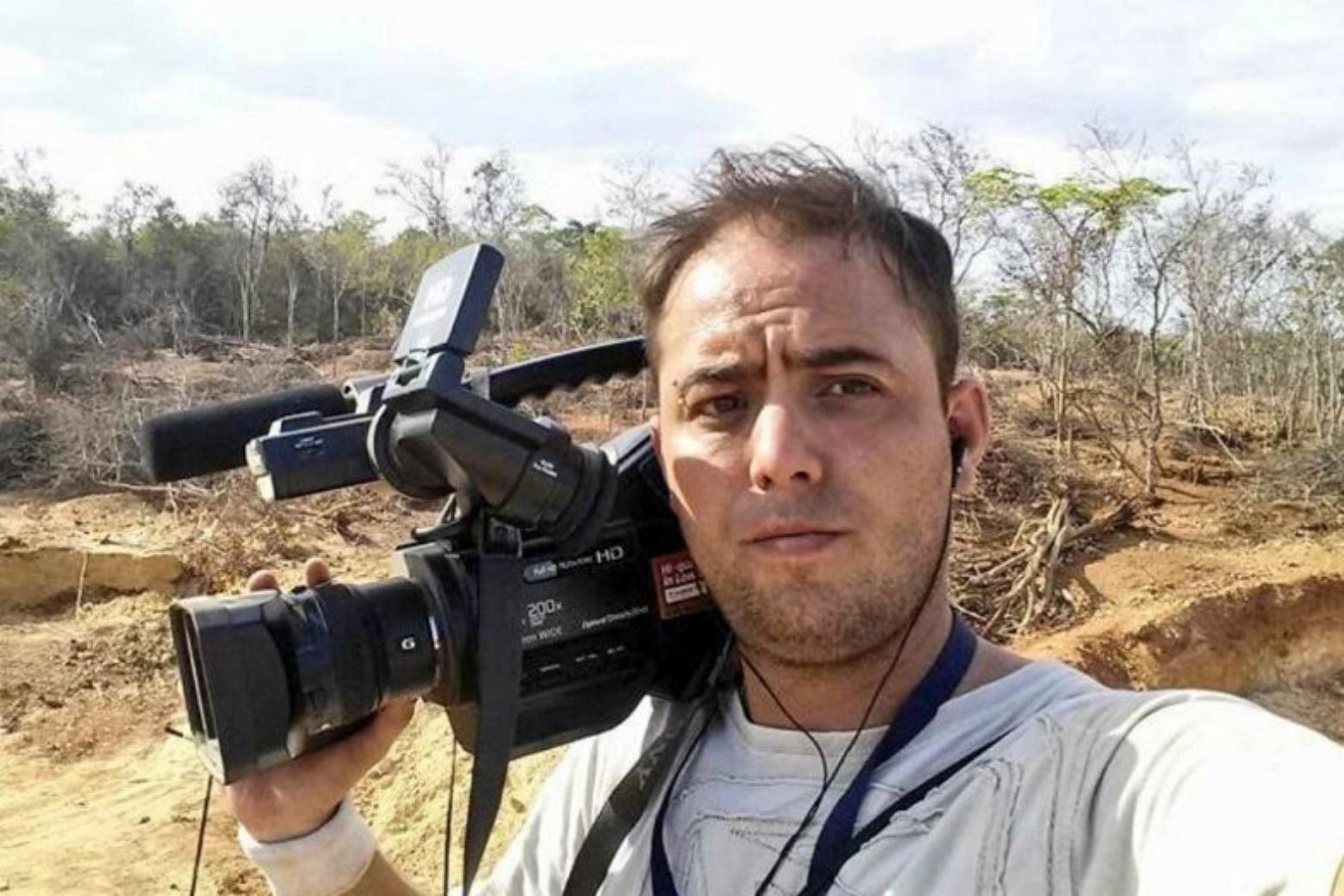
Freelance photographer Jesus Medina was detained on Aug 29, 2018, by Venezuela's intelligence service for alleged crimes of instigation of hatred and obtaining illegal profit against acts of public administration among other charges, reported Columbian television news channel NTN24. Sources linked to Venezuelan journalism outlet Efecto Cocuyo confirmed that part of the charges against him are associated with the young man's income, which he receives in foreign currency for being a freelance reporter.
Marzieh Amiri, Iran
Last month, Iranian authorities allowed journalist and student activist Marzieh Amiri a hospital visit to monitor epilepsy, after she had been denied proper medical attention in the months since her arrest for covering May Day demonstrations for Teheran-based newspaper Shargh Daily. In August, Teheran sentenced Ms Amiri to 10½ years in prison and 148 lashes for charges of assembly and collusion against national security, propaganda against the state, and disturbing public order.
Mahmoud Hussein Gomaa, Egypt
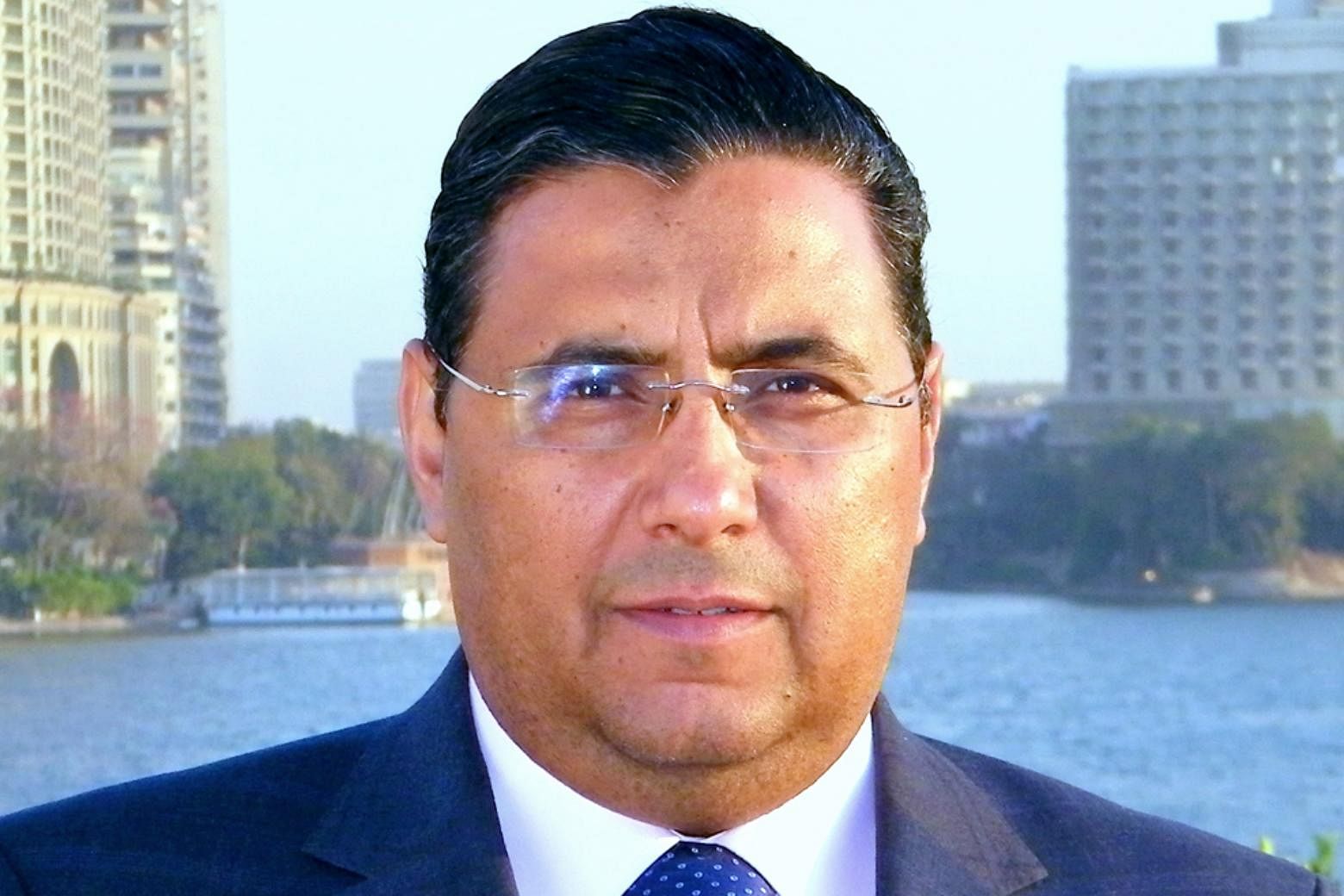
Egyptian Al Jazeera journalist Mahmoud Hussein Gomaa has served more than 1,000 days in pre-trial detention in Cairo's Tora Prison Complex. Mr Gomaa was arrested on Dec 23, 2016, on anti-state and false news charges, following an Al Jazeera documentary "Al-Asaker" (The Soldiers), in November 2016, about conscription in Egypt.
Hajar Raissouni, Morocco
Moroccan authorities have employed journalists' personal information as grounds for arrest, as in the case of Ms Hajar Raissouni, a reporter for independent news website Akhbar al-Youm. She was taken into custody on Aug 31 while leaving her doctor's office with her fiance, and was charged with sex outside of marriage and illegal abortion. She then endured questioning about her recent articles that focused on political and social issues within Morocco.
Azory Gwanda, Tanzania
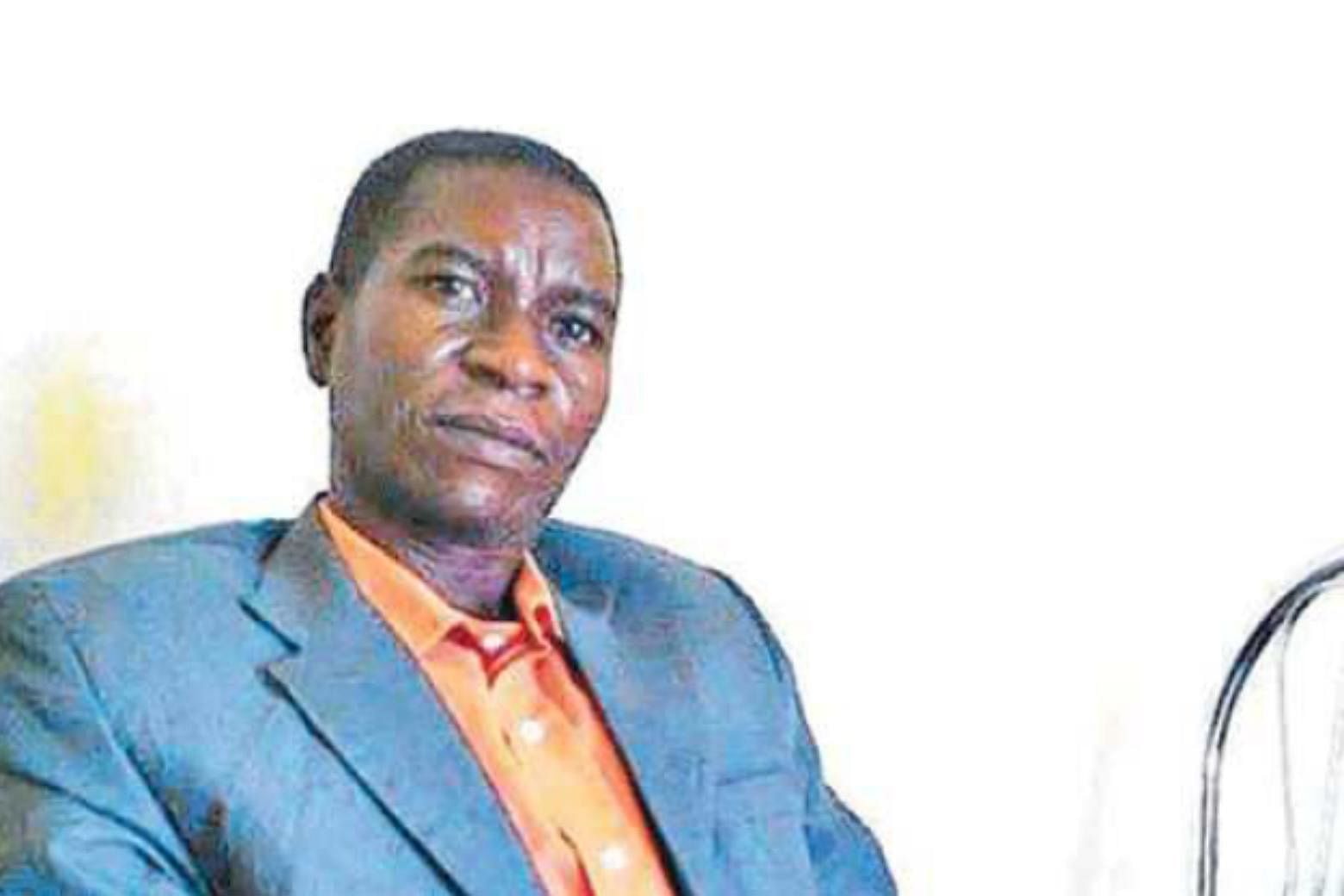
A freelance journalist investigating mysterious killings in rural Tanzania, Mr Azory Gwanda has been missing for nearly two years since Nov 21, 2017. The government has failed to conduct a credible investigation. On July 10, Tanzanian Foreign Minister Palamagamba Kabudi said in an interview that Mr Gwanda had "disappeared and died", but backtracked amid requests for clarification.
Azimjon Askarov, Kyrgyzstan
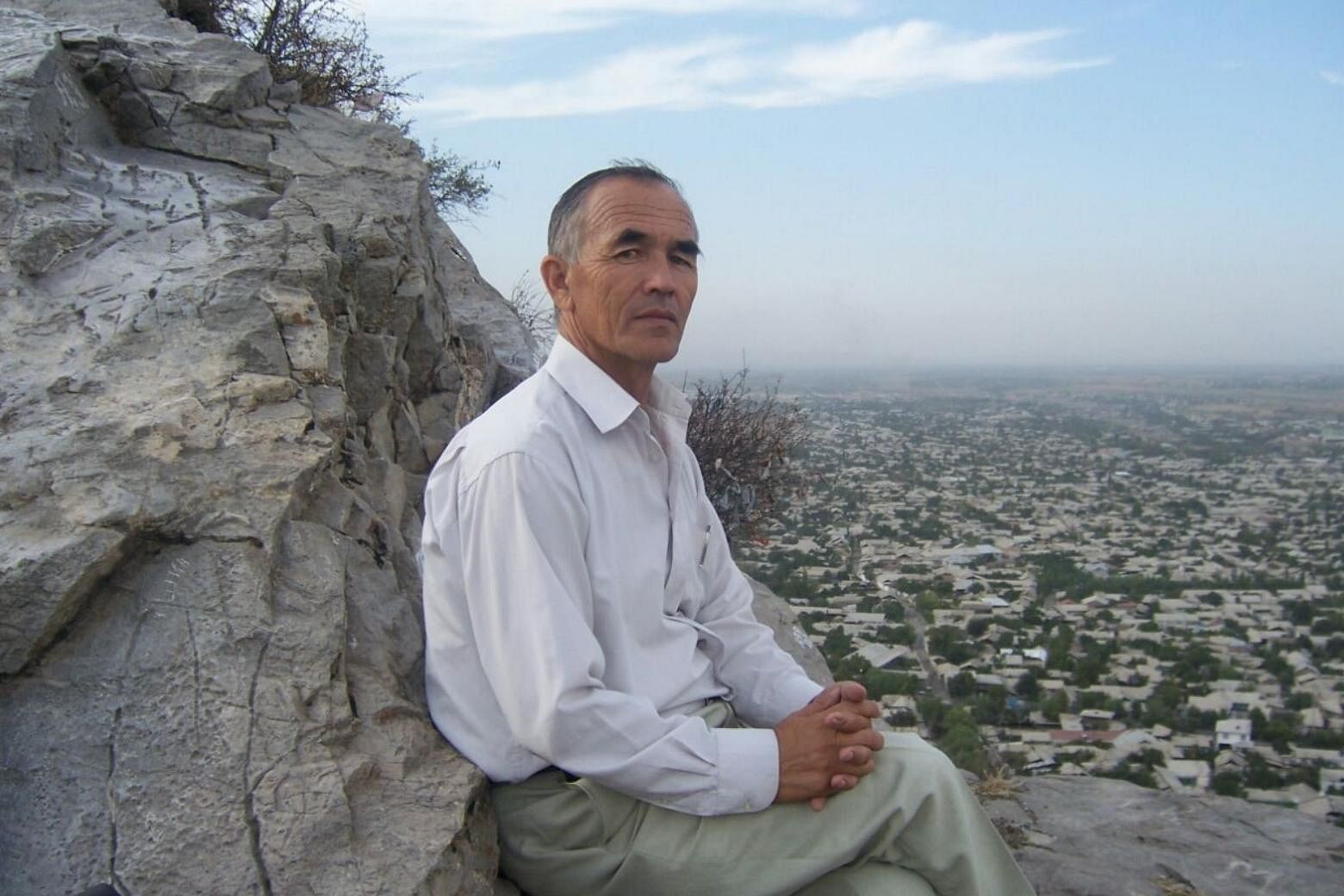
Eight years after sentencing Mr Azimjon Askarov to life in prison on charges that included incitement to ethnic hatred, Kyrgyzstan continues to resist international calls for his immediate release, said the Committee to Protect Journalists. The award-winning journalist, who is an ethnic Uzbek, has spent nine years in prison on trumped-up charges for his reporting on human-rights violations.
This is the eighth list released by the One Free Press Coalition. The coalition's other members include the Associated Press, Al Jazeera Media Network, Bloomberg News, The Boston Globe, Buzzfeed, Huff Post (formerly The Huffington Post), Insider Inc, Quartz, Time, Voice of America, The Washington Post, Wired and Yahoo News.
European members include CNN Money Switzerland, Corriere Della Sera, De Standaard, Deutsche Welle, Euractiv, Le Temps, Radio Free Europe/Radio Liberty, Republik, Reuters and Suddeutsche Zeitung.
From Asia, The Financial Times, India Today, Middle East Broadcasting Networks and Radio Free Asia have joined the network together with The Straits Times, while those from the rest of the Americas are AmericaEconomia, Estadao, Office of Cuba Broadcasting and TV Azteca.
Members of the public can join the conversation using the hashtag #OneFreePress and follow developments on Twitter @OneFreePress. To see the "10 Most Urgent" list every month, readers can visit www.onefreepresscoalition.com or @OneFreePress on Twitter.

